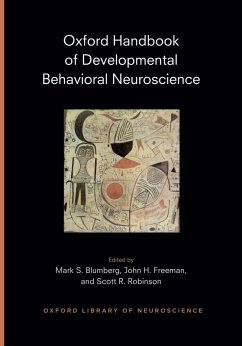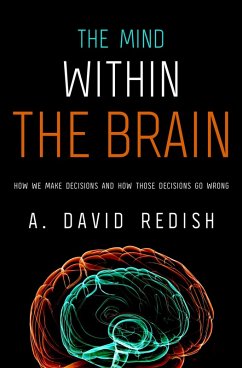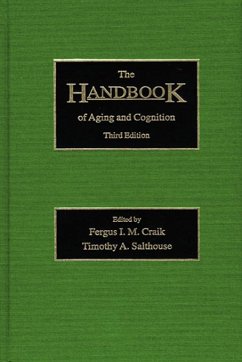
The Oxford Handbook of Metamemory (eBook, PDF)
Versandkostenfrei!
Sofort per Download lieferbar
132,95 €
inkl. MwSt.
Weitere Ausgaben:

PAYBACK Punkte
66 °P sammeln!
The Oxford Handbook of Metamemory investigates the human ability to evaluate and control learning and information retrieval processes. Each chapter in this authoritative guide highlights a different facet of metamemory research, including classical metamemory judgments; applications of metamemory research to the classroom and courtroom; and cutting-edge perspectives on continuing debates and theory. Chapters also provide broad historical overviews of each research area and discussions of promising directions for future research. The breadth and depth of coverage on offer in this Handbook make ...
The Oxford Handbook of Metamemory investigates the human ability to evaluate and control learning and information retrieval processes. Each chapter in this authoritative guide highlights a different facet of metamemory research, including classical metamemory judgments; applications of metamemory research to the classroom and courtroom; and cutting-edge perspectives on continuing debates and theory. Chapters also provide broad historical overviews of each research area and discussions of promising directions for future research. The breadth and depth of coverage on offer in this Handbook make it ideal for seminars on metamemory or metacognition. It would also be a valuable supplement for advanced courses on cognitive psychology, of use especially to graduate students and more seasoned researchers who are interested in exploring metamemory for the first time.
Dieser Download kann aus rechtlichen Gründen nur mit Rechnungsadresse in A, B, BG, CY, CZ, D, DK, EW, E, FIN, F, GR, HR, H, IRL, I, LT, L, LR, M, NL, PL, P, R, S, SLO, SK ausgeliefert werden.













